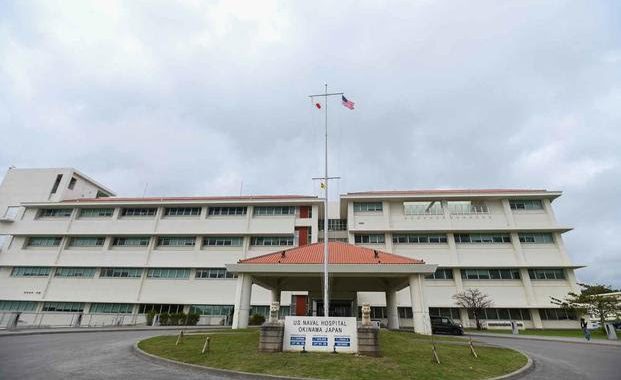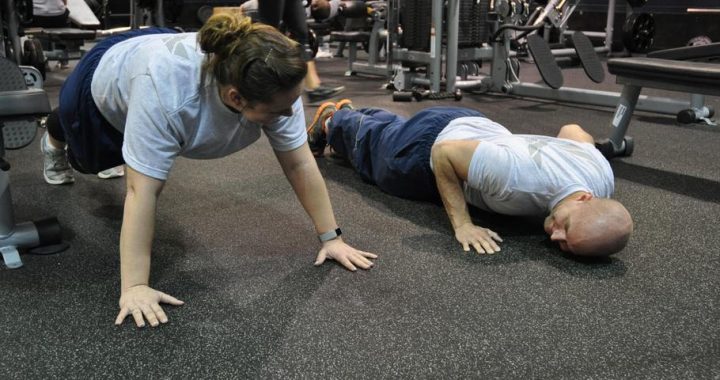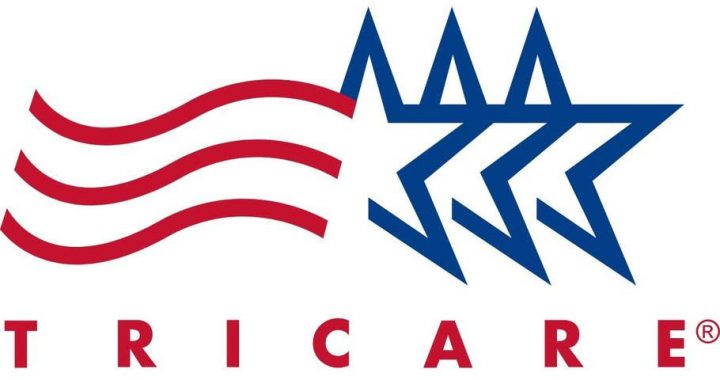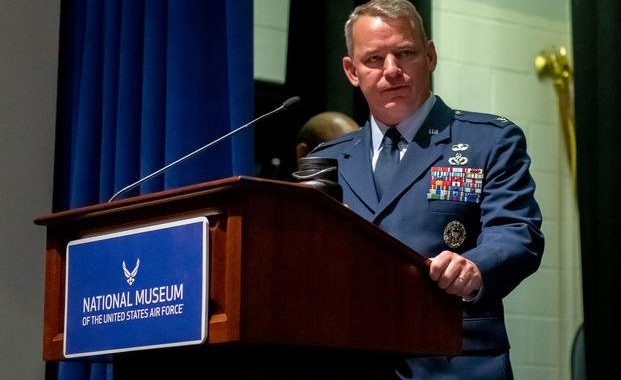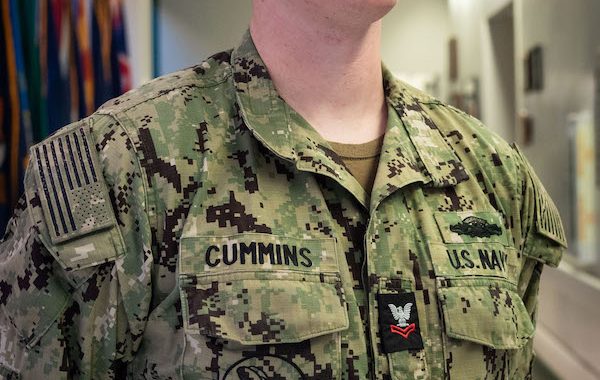Medics Train for Lifesaving Skills with Army Guard Medevac Aircrews
2 min read
QUEENSBURY, NY, UNITED STATES
Story by Sgt. Matthew Gunther
New York National Guard
QUEENSBURY, N.Y. – More than 30 New York Army National Guard Soldiers of 466th Area Medical Company, with support from C Company, 171st General Support Aviation Battalion, conducted medical evacuation training as part of the medical unit’s preparation for deployment at Floyd Bennet Memorial Airport in Queensbury, New York, October 20, 2019.
The training consisted of loading patients on stretchers on and off UH-60 Black Hawk helicopters, using portable radio equipment including an OE-254 antenna to request a nine-line medevac request, and familiarization training with the aircraft.
The 466th Area Medical Company will deploy to Iraq in 2020, and this training was intended to prepare them for operations in theater, said Major Jason Cossey, the company commander.
The company has more than three dozen combat medic specialists, commonly referred to by Soldiers by their military occupational specialty code, as a “68 Whiskey.” These medics provide emergency medical treatment, limited primary care, and health protection and evacuation from a Soldier’s point of injury or illness to care at a treatment facility.
“Our goal is to incorporate 68 Whiskey sustainment training with practice loading and unloading patients in a real-world environment, in preparation for our pending deployment,” Cossey said.
The significance of the training is obvious, stressed Sgt. Felix Cruz, a medical team leader. Army medicine relies heavily on rapid medical evacuation from the battlefield to treatment facilities. Nearly two decades of combat experience overseas has validated the life-saving efforts of rapid medical evacuation.
“Medics and aviation go hand in hand,” Cruz said. “For many of these Soldiers, this is their first time touching a Black Hawk, and they are gearing up for their first deployment. So this training will be invaluable for them moving forward, and if we make it fun, hopefully it will ignite a fire in them to work hard and learn more.”
Another crucial part of the training is building unit cohesion, said Pvt. Paige Dixon, attending only her second drill with the unit this weekend.
“Doing this with the people we are deploying with is extremely important,” Dixon said. “Building teamwork skills and a work flow will be valuable downrange.”


